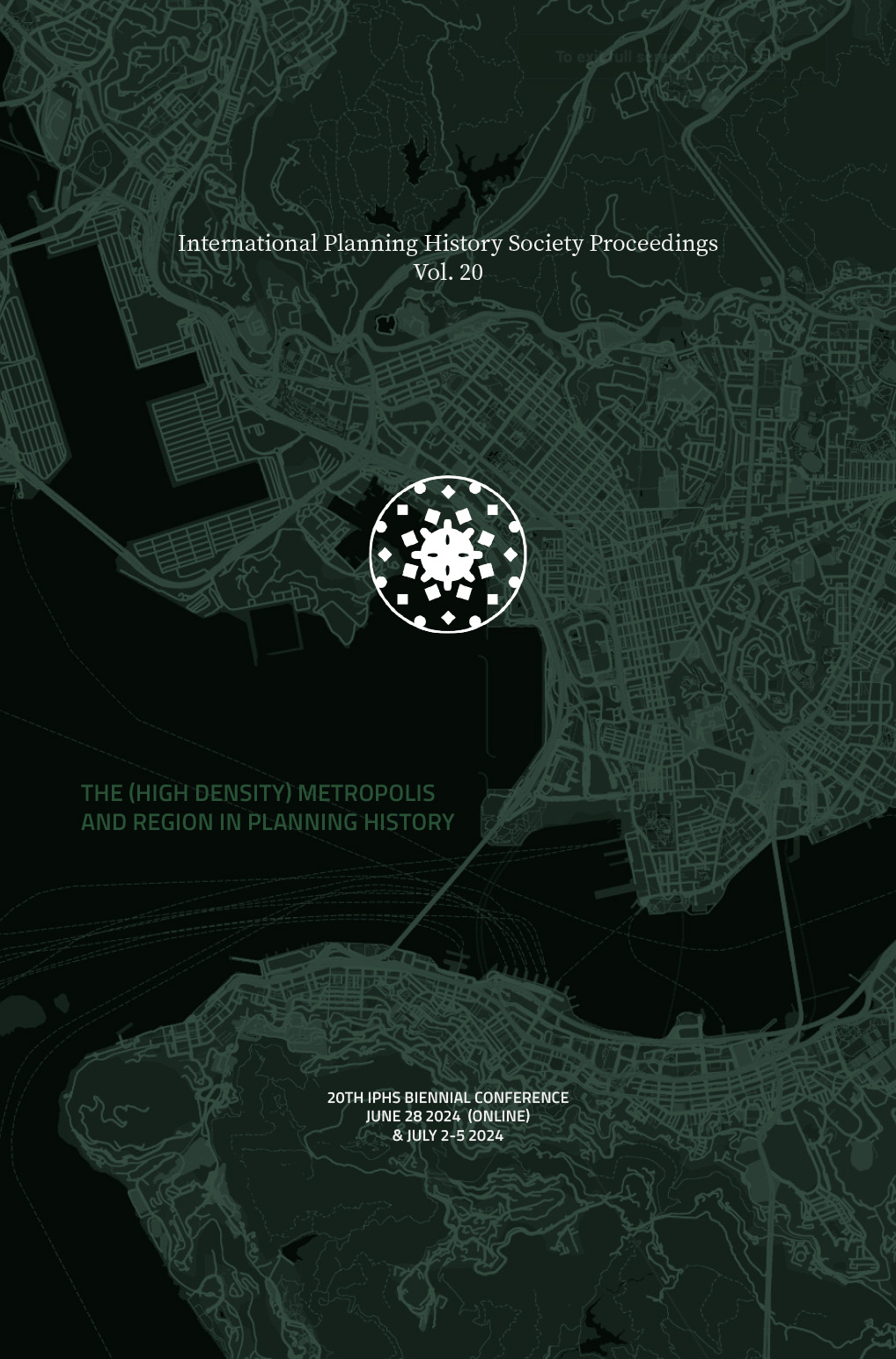Investigating the Urban Response to Border Closure in a Transnational Metropolitan System
The case of the Gibraltar/Algeciras Bay
DOI:
https://doi.org/10.7480/iphs.2024.1.7673Abstract
Border regions tend to be the cradle of dense metropolitan areas shaped by the (socio- economic, governance, and planning) differentials intrinsic to borders. However, the border permeability variations have historically exposed such systems’ fragility. The paper aims to investigate the spatial repercussions of border closures in cross-border metropolitan regions characterised by strong socio-spatial inequalities. It takes the Bay of Gibraltar/Algeciras cross-border area as an analytical framework, focusing on two instances of abrupt border closure. The first is historical (1969-85) and was caused by the Francoist dictatorship’s expansionist policies, while the second is recent, caused by the overlap of the Brexit process and the Covid-19 pandemic. These crises shed light on the vulnerability of strongly asymmetrical cross-border urban agglomerations. They act as cautionary tales and testing grounds, proving the necessity of a robust endogenous collaboration on the local cross-border level to create a more resilient, equitable, and polycentric socio-spatial development.
Downloads
Published
How to Cite
Issue
Section
License
Copyright (c) 2024 Alice Buoli, Alessandro Frigerio, Laura Montedoro, Isabella Traeger

This work is licensed under a Creative Commons Attribution 4.0 International License.

